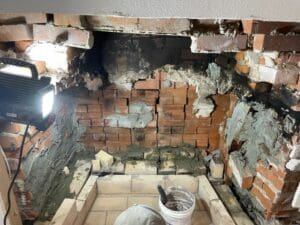
Why Outdated Fireplaces Lower Home Value
For many homeowners in the Houston area, a fireplace is the heart of the home. It is a focal point for holiday gatherings, a source
Gas fireplaces are a popular choice for homeowners, offering an efficient, clean, and cozy heating solution. However, like any home appliance, regular maintenance is essential to ensure optimal performance and safety. While gas fireplaces don’t require the same upkeep as wood-burning models, neglecting routine cleaning can lead to issues such as reduced efficiency, poor air quality, and even fire hazards. This article will explain why cleaning your gas fireplace is crucial, what gets left behind in the system, and how professional cleaning services can extend the life of your fireplace while keeping your home safe and warm.
Gas fireplaces offer both warmth and ambiance, but regular cleaning is essential for optimal performance. In humid climates, moisture can impact both the efficiency and lifespan of your fireplace. Over time, even the most efficient systems gather dust, soot, and debris that can reduce performance. If you notice a flickering flame, strange odors, or uneven heating, it’s a clear indication that your fireplace needs a deep cleaning.
Skipping regular cleanings can result in more than just cosmetic issues—it can impact your health and safety. A buildup of contaminants such as soot or pet dander can reduce heating efficiency and obstruct airflow, increasing the risk of dangerous situations like carbon monoxide buildup. Therefore, scheduling routine cleanings is essential to maintain a safe and cozy living environment in Houston’s cooler months.
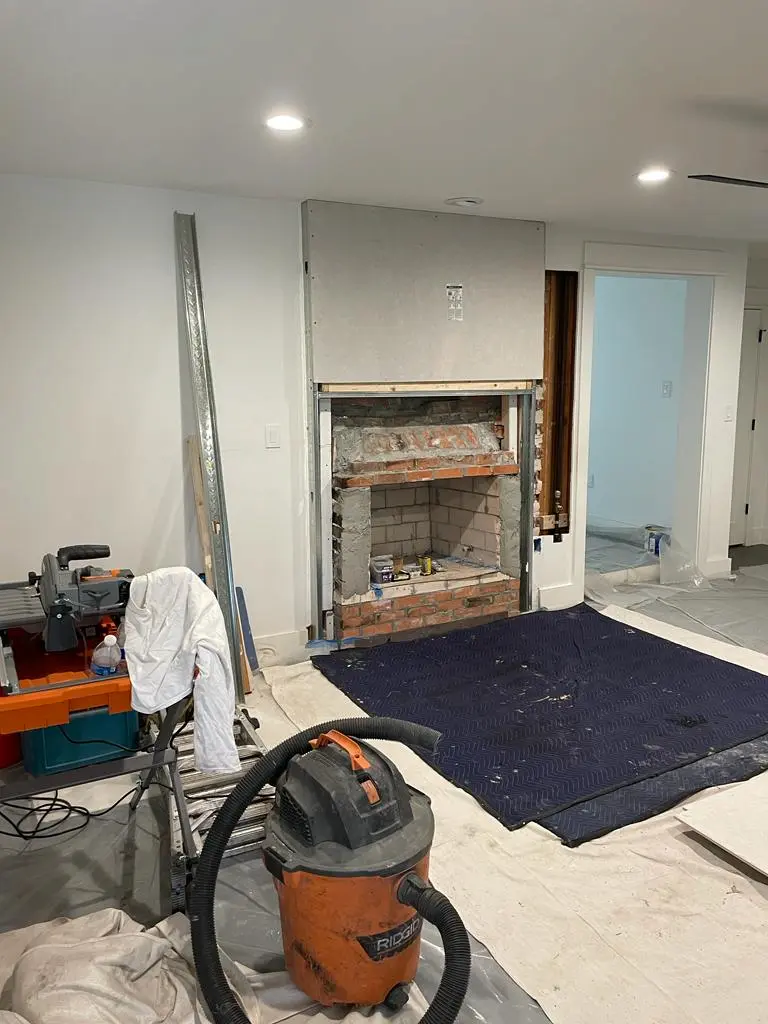
Trusted by 5k+ satisfied customers
143 Reviews
Needed chimney repair new gas logs and fire place screen. Willie did an excellent job. Very professional. Will definitely use again and recommend to my friends.
Lis Ham
75 Reviews
Texas Chimney refurbished my gas fireplace, converted a wood burning to gas, and fix the chimney. Excellent work by the project manager Eli and the entire team.
Kayla N.
77 Reviews
Went beyond the normal service and ensured my gas fireplace was fixed and working correctly. He even came out a second time on Christmas Eve! I would hire again and again.
Rodd K.
A+ Rating
Texas Chimney replaced chase pan and cap, repaired damaged brick, repointed mortar joints, and recaulked flashing, etc. Professional job, fair price, conscientious owner and crew.
Joe F.
It might seem like a low-maintenance feature, but your fireplace can accumulate hidden debris that affects both its efficiency and safety. In Houston’s warmer climate, dust, pet dander, and other household particles can easily build up inside your system, leading to performance issues over time. This buildup often goes unnoticed, clogging vital components like the venting system and burners, hindering effective performance.
Creosote—a flammable residue from combustion—can also accumulate in the venting system, creating a serious fire hazard if left unchecked. Since much of this debris is invisible to the naked eye, it’s easy to overlook. That’s why professional cleaning is essential. Technicians have the proper tools and expertise to remove these hidden contaminants, ensuring your fireplace operates safely and efficiently all year round.

Free Inspection 7 Days A Week
Top-Rated Chimney Sweeping
100% Customer Satisfaction
Same Day Services


Nadav Shoham - chimney professional
Hello, Houston! 🏠
Welcome to Texas Chimney LLC, the heart of chimney care in the Lone Star State. For over 14 years, we’ve been keeping the hearths of Houston homes burning brightly and safely. As proud members of the Texas National Chimney Sweep Association and with our CSIA-certified professionals on board, we’ve blended time-honored techniques with contemporary knowledge to provide top-notch service. But don’t just take our word for it—our hundreds of 5-star reviews on Google, Yelp, HomeAdvisor, and Facebook speak volumes about our commitment to excellence. Trust in our legacy, and let us serve you with the warmth and expertise that Houston has come to love!
Cleaning your gas fireplace isn’t just about improving appearance—it’s vital for performance and safety. While basic cleaning can be done by homeowners, trained technicians have specialized tools and training to tackle the hard-to-reach areas where dust, soot, and creosote accumulate. They will inspect all components, test gas lines for leaks, and ensure proper airflow.
In Houston, where humidity can be a contributing factor to fireplace performance issues, professionals are equipped to address concerns that DIY cleaning can’t handle. They also perform safety checks, including chimney inspections, to ensure that the system is working efficiently and that no obstructions are present. This thorough approach can help prevent costly repairs or hazardous conditions down the line.

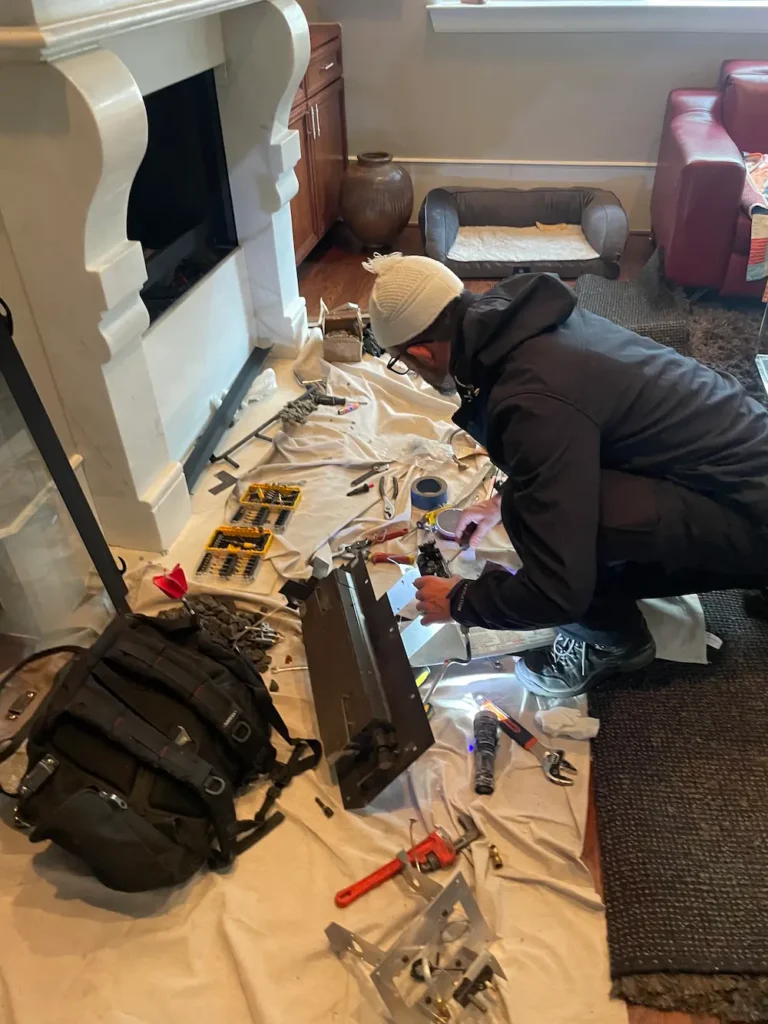
Maintaining a consistent cleaning schedule is one of the best ways to extend the life of your gas fireplace and avoid surprises. In Houston, where the weather can change quickly, having an annual cleaning before the cold months ensures that your system is ready for use when you need it most. Routine cleaning will also help identify minor issues before they escalate, saving you money in the long run.
Much like taking your car in for regular maintenance, scheduling annual fireplace cleaning ensures your system runs efficiently and safely. Professionals can spot early signs of wear and tear and recommend repairs or upgrades to avoid larger, more expensive problems later on. By setting a maintenance routine, you can ensure your fireplace operates at peak performance throughout the winter, keeping your home warm and cozy all season long.
Great question—just because there’s no wood doesn’t mean it’s mess-free. Gas fireplaces still build up dust, soot, and other residue that can clog parts, mess with airflow, and even pose safety risks like carbon monoxide or fire hazards. A clean system runs better, heats more efficiently, and keeps your air healthier.
Once a year is the golden rule—ideally before the cold season hits. Even if you don’t use it daily, annual maintenance helps catch issues early and keeps things running safely. It’s like an oil change for your fireplace—skip it, and small problems can turn into big headaches.
You can do some surface-level tidying, like wiping the glass. But deeper cleaning? That’s best left to the pros. They’ve got special tools and know exactly where hidden debris can collect. Plus, they inspect gas lines and airflow—stuff that’s pretty hard (and risky) to DIY.
Honestly? Nothing good. You might notice odd smells, weak flames, or trouble getting it to start. But worse—unseen buildup can lead to poor combustion, higher energy bills, or even fire and carbon monoxide risks. It’s one of those “better safe than sorry” situations.

For many homeowners in the Houston area, a fireplace is the heart of the home. It is a focal point for holiday gatherings, a source

Wood-burning stoves are a favorite among Houston homeowners who value self-sufficiency, high-efficiency heating, and the unmatched ambiance of a real fire. Unlike traditional open fireplaces,
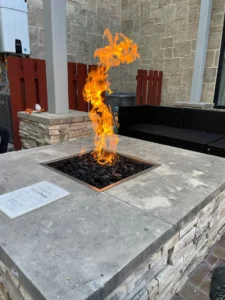
In the competitive Houston real estate market, homeowners are constantly seeking ways to distinguish their properties from the rest. While interior upgrades like kitchen remodels
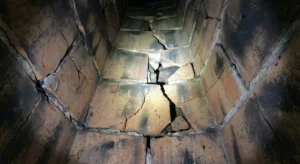
For many homeowners in Texas, an older home carries a unique charm, architectural character, history, and often, a beautiful masonry fireplace. However, beneath the classic
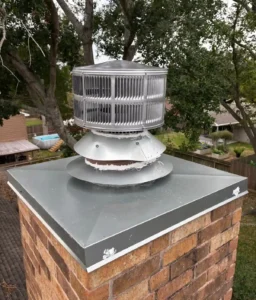
In the diverse climate of Texas, where a week of scorching sun can be followed by a torrential downpour or a sudden freeze, the structural
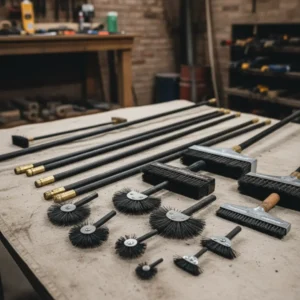
A crackling fireplace is the hallmark of a cozy home, but the beauty of a fire comes with the responsibility of maintenance. Behind the scenes,